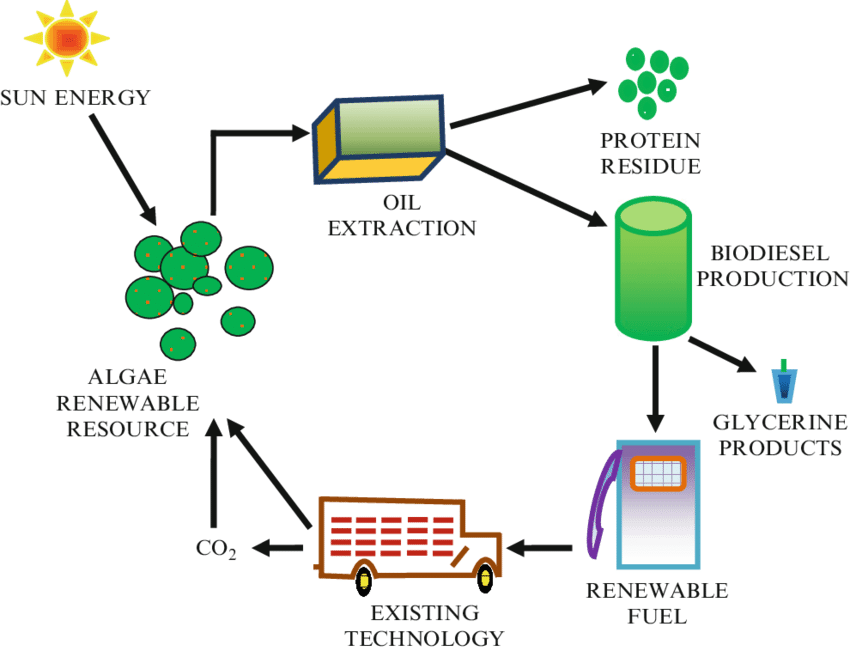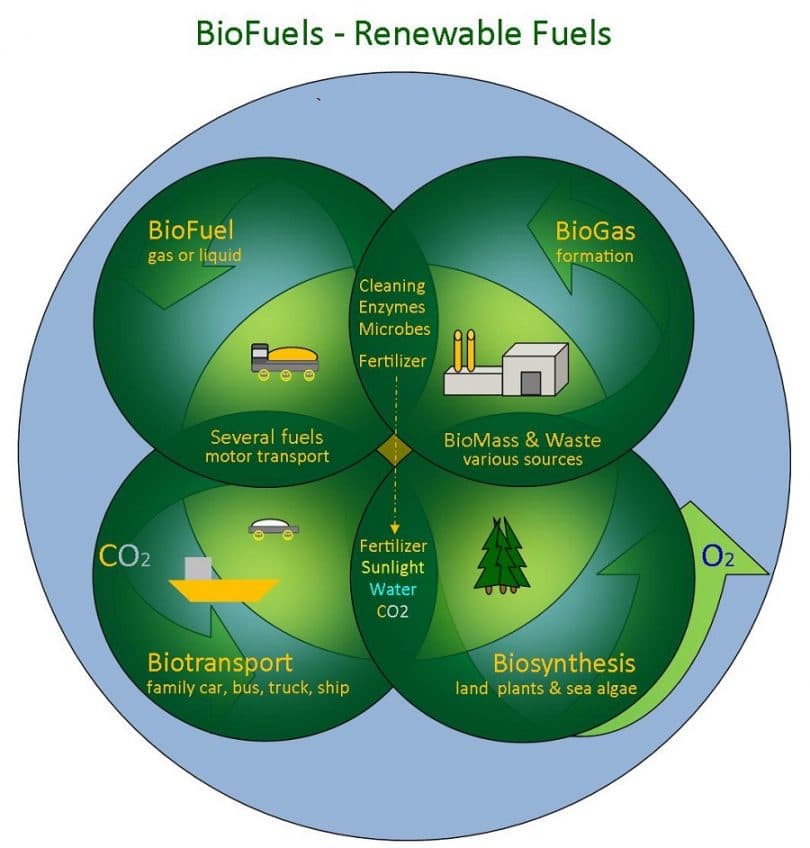
Biofuels: Harnessing Renewable Energy for a Sustainable Future
Introduction
Biofuels have emerged as a crucial component in the quest for sustainable energy sources. This article delves into the world of biofuels, exploring their relevance and highlighting the importance of understanding how they work.
Historical Background
The development of biofuels can be traced back to ancient civilizations, where biomass was burned for heat and light. However, it was not until the 19th century that the first significant milestones in biofuel production were achieved, with the invention of the diesel engine and the discovery of ethanol as a fuel source.
Key Concepts and Definitions
Biofuels are derived from renewable organic materials such as crops, agricultural residues, and algae. They encompass various types, including biodiesel and bioethanol. These fuels are considered renewable energy sources due to their ability to be replenished within a relatively short period. Key terms such as feedstock, conversion process, and blending ratio are also defined.

Main Discussion Points
Feedstock for Biofuels Production
To produce biofuels, different sources of feedstock are utilized, including crops, agricultural residues, and algae. Sustainable and biodiverse feedstock selection is crucial to minimize environmental impact and ensure long-term viability.
Biofuel Production Processes
Biofuel production involves various conversion processes such as fermentation, transesterification, and thermochemical conversion. Each process has its own set of advantages and disadvantages. Understanding these processes is vital for optimizing biofuel production.
Biofuel Applications and Benefits
Biofuels find applications in transportation, power generation, and heating. They offer environmental benefits, including reduced greenhouse gas emissions and decreased reliance on fossil fuels.
Case Studies or Examples
Real-world examples of biofuel production and application showcase the successful implementation of biofuel policies in different countries or regions. These case studies provide valuable insights into the practical aspects of biofuels.

Current Trends or Developments
Advancements in biofuel research and technology are driving the industry forward. Recent breakthroughs in production methods and innovative approaches are shaping the future of biofuels. These developments have the potential to revolutionize the biofuel sector.
Challenges or Controversies
Biofuel production faces challenges related to feedstock availability and competition with food production. Controversies surrounding land use change, deforestation, and indirect land use emissions also need to be addressed for sustainable biofuel production.

Future Outlook
The biofuel industry holds immense potential for growth and development. Emerging trends and technologies, such as advanced feedstock cultivation and genetic engineering, are likely to shape the future of biofuels. These advancements will contribute to a more sustainable and energy-efficient world.
Conclusion
In conclusion, understanding biofuels is pivotal to pave the way for a sustainable energy future. By exploring the historical background, key concepts, and current trends, we can gain valuable insights into biofuels’ role in achieving a cleaner and greener world.
References
Smith, J. E., & Haigh, M. (Eds.). (2018). Biofuels and Sustainability. Routledge.
Demirbas, A. (2010). Biofuels: Securing the Planet’s Future Energy Needs. Springer.
Farrell, A. E., Plevin, R. J., Turner, B. T., Jones, A. D., O’Hare, M., & Kammen, D. M. (2006). Ethanol can contribute to energy and environmental goals. Science, 311(5760), 506-508.




